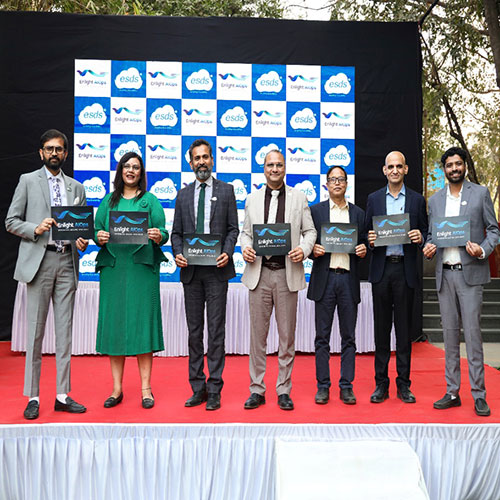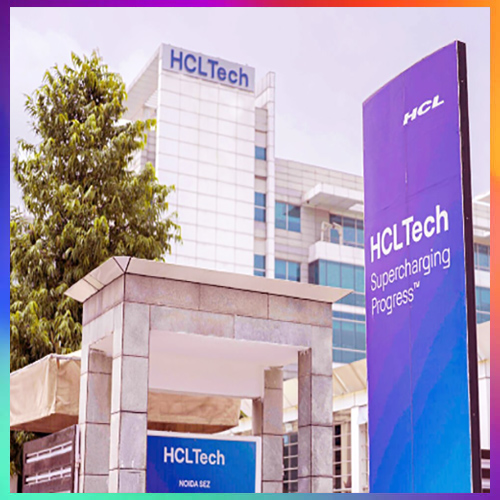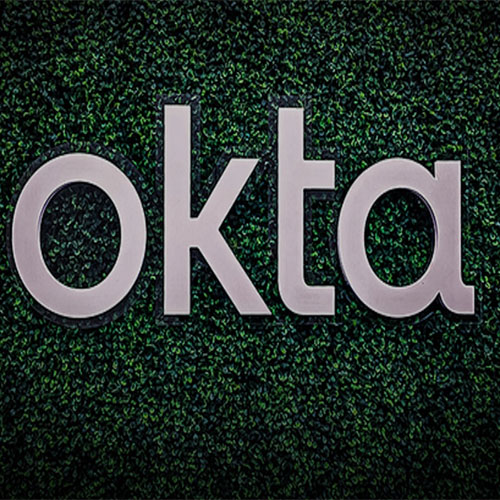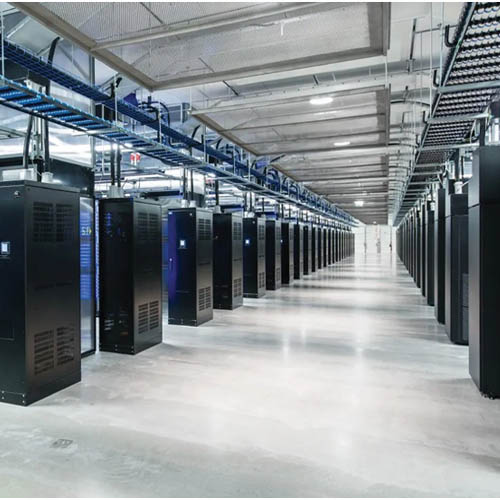
While AI companies often test various chip options, deploying new architectures at scale demands major software and infrastructure changes, so OpenAI continues to rely on Nvidia and AMD chips while advancing its custom chip toward tape-out later this year
OpenAI has stated it has no current plans to adopt Google’s in-house artificial intelligence chips at scale, following reports suggesting the company was exploring a deeper hardware collaboration with its competitor. The clarification comes two days after Reuters reported that OpenAI was evaluating Google’s tensor processing units (TPUs) to meet rising compute demands.
A spokesperson from OpenAI confirmed on June 29 that the company is conducting early-stage testing with Google’s TPUs but emphasized that there are no immediate plans for large-scale deployment. Google, reportedly when approached, declined to comment.
It is not unusual for AI developers to evaluate a variety of chip options. However, integrating a new processor architecture into full-scale operations requires significant adjustments to both software and infrastructure, which often delays deployment timelines.
Nvidia, AMD remain core providers
Currently, OpenAI continues to rely primarily on Nvidia’s graphics processing units (GPUs) and has also incorporated AMD’s AI chips to support its growing compute needs. Additionally, the company is progressing on its custom chip project, which is expected to reach the "tape-out" stage—where the chip design is finalized for manufacturing—later this year.
Earlier this month, Reuters reported that OpenAI had signed up for Google Cloud services to access additional computing resources. Despite being rivals in the AI space, the move highlights a pragmatic approach to scale, though most of OpenAI’s workloads remain hosted on GPU servers from CoreWeave, a neocloud provider.
Google has recently expanded access to its proprietary TPUs beyond internal projects. This has enabled the company to attract clients such as Apple and AI startups including Anthropic and Safe Superintelligence—two competitors founded by former OpenAI employees.
The update from OpenAI underscores its commitment to a diversified chip strategy while maintaining independence from direct rivals in key infrastructure decisions.
See What’s Next in Tech With the Fast Forward Newsletter
Tweets From @varindiamag
Nothing to see here - yet
When they Tweet, their Tweets will show up here.





























